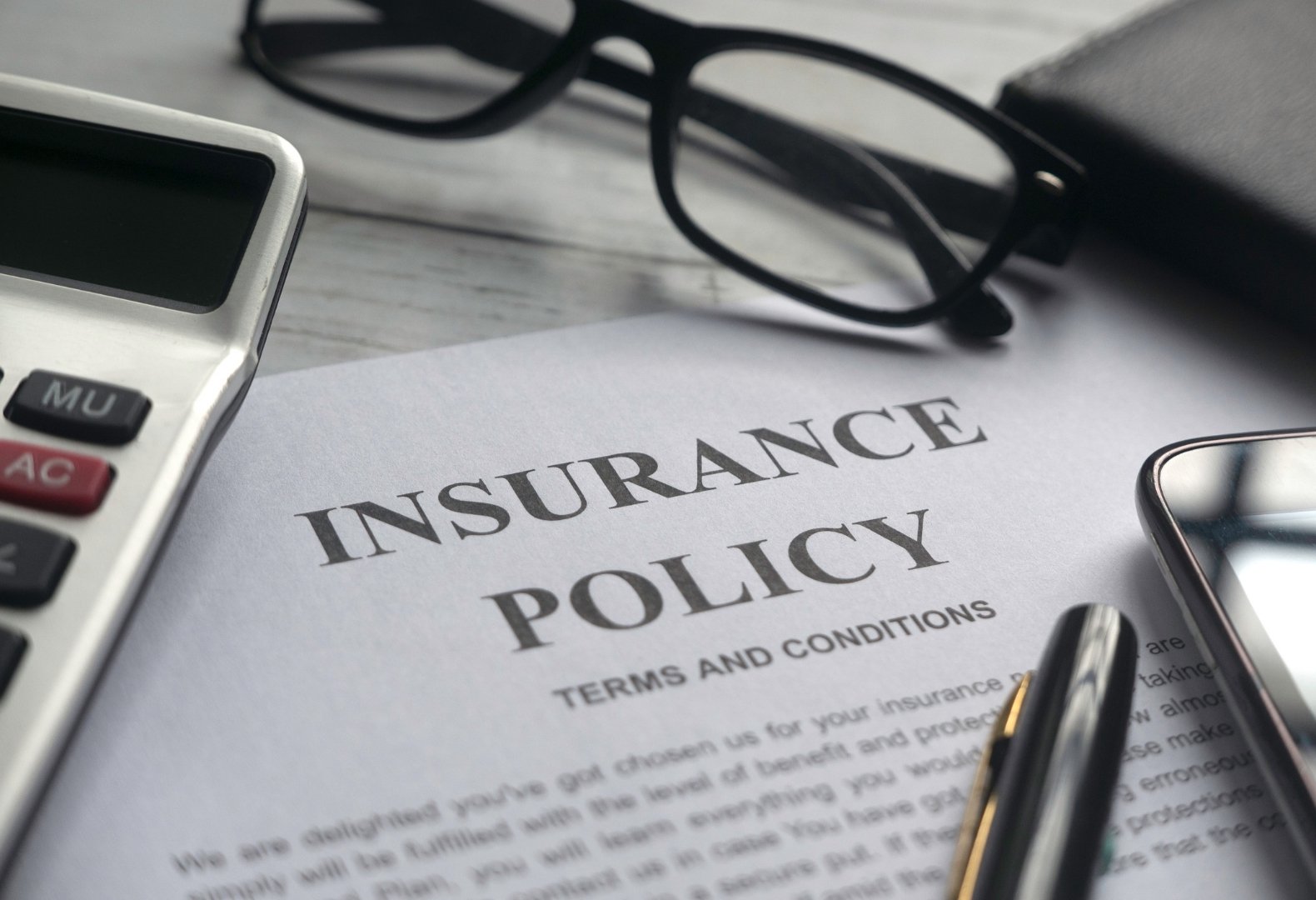For property managers, facility managers, and commercial contractors, dealing with an insurance claim after property damage can be a nightmare. It’s no secret that insurance companies systematically delay, deny, and underpay nearly every claim. Public adjusters, who exclusively represent first-party property damage claims, are essential advocates for policyholders navigating this complex and often unfair process. This article will educate you on how insurance claim denials work, how you can protect your rights, and what to do when your claim is denied or underpaid.
The Insurance Industry’s Strategy: Deny, Delay, and Underpay
Insurance carriers are in the business of making profits, and one of their main strategies is reducing the amounts paid out to policyholders. Less than Good Faith practices, such as delaying claim investigations or underpaying legitimate claims, are widespread. According to the National Association of Insurance Commissioners (NAIC), one of the most frequent complaints from policyholders involves delays in claims handling. Over 48,000 complaints were compiled by the NAIC, with more than 10,000 relating specifically to delays in claims processing across various insurance lines, such as auto, health, and homeowners. Policyholders have also raised concerns about unjust insurance claim denials and unsatisfactory settlements, making claims handling the top issue in insurance complaints.
Experts such as Chip Merlin, in his book Pay Up!, and Jay M. Feinman, author of Delay, Deny, Defend, explain how insurance companies systematically undercut policyholders by leveraging complex and vague policy language and technicalities to deny coverage or minimize payouts. This systemic issue leaves policyholders fighting uphill battles for the compensation they are rightfully owed.

Navigating Policy Fine Print: Key to Maximizing Your Claim
Understanding the intricate language and exclusions in your insurance policy is crucial to avoiding underpayment. Many claims are denied simply because the policyholder wasn’t fully aware of what their policy covered. For instance, water damage from flooding is often excluded from standard homeowner policies unless specific coverage has been purchased.
Bill Wilson, an expert on policy interpretation and author of When Worlds Collide, advises policyholders to fully understand their coverage before a loss occurs to prevent surprises when filing a claim. Whether it’s flood, fire, or vandalism, policy exclusions are the insurance company’s first line of defense to minimize payouts.
Why Claims Are Denied: Common Reasons and Tactics
Insurance claims are frequently denied for reasons that range from simple documentation errors to disputes over coverage periods. One common tactic insurers use is to claim that damage was pre-existing or falls outside the coverage terms. Policyholders often find themselves denied for technicalities that are buried deep within the fine print of their policies.
David Skipton, in his book The Claims Game, details how insurers use deceptive tactics, such as claiming damage doesn’t meet policy criteria or requiring excessive documentation to slow down the claims process. Understanding these tactics can empower you to challenge insurance claim denials.

Appealing Denied Claims: Steps You Can Take
If your insurance claim is denied, it’s important not to be discouraged. There are strategic steps you can follow to appeal the decision and improve your chances of a successful outcome.
- Review the Denial Letter Thoroughly: Start by carefully reading the denial letter provided by your insurer. It will typically outline the specific reasons for the denial, such as insufficient documentation, policy exclusions, or coverage limits. Look for any references to specific policy clauses that led to the denial. This will help you focus on addressing those exact issues.
- Gather Additional Documentation: Collect more evidence to support your claim. This could include repair estimates from licensed contractors, updated photographs of the damage, or third-party appraisals. If your claim was denied due to incomplete documentation, ensure that you have all the necessary paperwork, such as receipts for damaged items, police reports, or professional assessments. The more comprehensive your documentation, the stronger your case will be.
- Craft a Detailed Appeal Letter: In your appeal letter, explain why you believe the denial was unjust. Address the specific points raised in the denial letter and provide additional evidence or clarification where necessary. Be concise but thorough, and remain professional in tone. Citing relevant laws or policy terms that support your claim can strengthen your appeal. A polite but firm appeal letter, backed by solid documentation, often compels insurers to reconsider their initial decision.
- Enlist the Help of a Public Adjuster: If navigating the appeal process becomes overwhelming, consider hiring a public adjuster. Public adjusters work for you—not the insurance company—and can help ensure that your appeal is handled properly. They have the expertise to interpret complex and vague policy language and can negotiate on your behalf to secure a fair settlement. Public adjusters like those at Velocity Public Insurance Adjusters specialize in working with clients to challenge unfair insurance claim denials and maximize their compensation.
- Consider Legal Action: If your appeal is still denied, you may need to escalate the matter further. Consulting with an attorney who specializes in insurance claims can provide insight into whether you have grounds to file a lawsuit against the insurer. Insurance companies are required by law to handle claims in Good Faith, and failure to do so can result in legal consequences.
Take Action: Protect Your Rights
If you're managing a commercial property, apartment complex, or institutional facility, understanding your policy and your rights is critical to receiving a fair payout. Don’t let insurance companies delay or deny your claim without a fight. At Velocity Public Insurance Adjusters, we serve clients in Indiana, Kentucky, Ohio, Wisconsin, Michigan, and Iowa, and offer claim and policy reviews to help you understand your coverage and fight back against underpaid claims. Contact us today for expert assistance and secure the compensation you're owed!
Claim Services We Provide
Velocity Public Insurance Adjusters handles a variety of claim types for both commercial and residential property losses: weather-related damage, theft and vandalism, fire and smoke damage.
Members of
Velocity Public Insurance Adjusters is a Certified Firm with the IICRC.
IICRC Certified Firms are known for their high level of technical experience and professionalism.
With the rapid increase in consumer calls due to the demand for mitigation and restoration projects,
Certified Firms are working in the field every day and have unmatched expertise in complex restoration projects.
Client testimonials
Don't take our word for it, see what our clients are saying about us.
Contact us
Schedule a free, no-obligation, claim and policy review. Every property claim is different, and we'd like the opportunity to provide you with an assessment of your unique situation.
- Indiana
- Kentucky
- Michigan
- Ohio
- Iowa
- Wisconsin
- South Carolina
Use of Information Purpose: We use your information to send mobile messages and respond to your inquiries as necessary. This may involve sharing your information with platform providers, phone companies, and other vendors who assist in message delivery.
Protection of Information: We do not sell, rent, loan, trade, lease, or otherwise transfer for profit any phone numbers or customer information collected through the SMS program to any third party.
Disclosure: We may disclose your information if required by law, regulation, or governmental request, to avoid liability, or to protect our rights or property.
Choices and Controls Consent: Consent to receive automated marketing text messages is not a condition of any service we provide.
Opt-Out: You can opt out of receiving further text messages via the Messaging Service by responding to any of our text messages with any of the following replies: STOP, END, CANCEL, UNSUBSCRIBE, or QUIT.
Your Responsibilities Accurate Information: Ensure that the information you provide is accurate, complete, and truthful. Do not use a false or misleading name or a name you are not authorized to use.
Consequences: If we believe the information provided is untrue, inaccurate, or incomplete, or if you have joined the program for ulterior motives, we may deny you access to the program.












